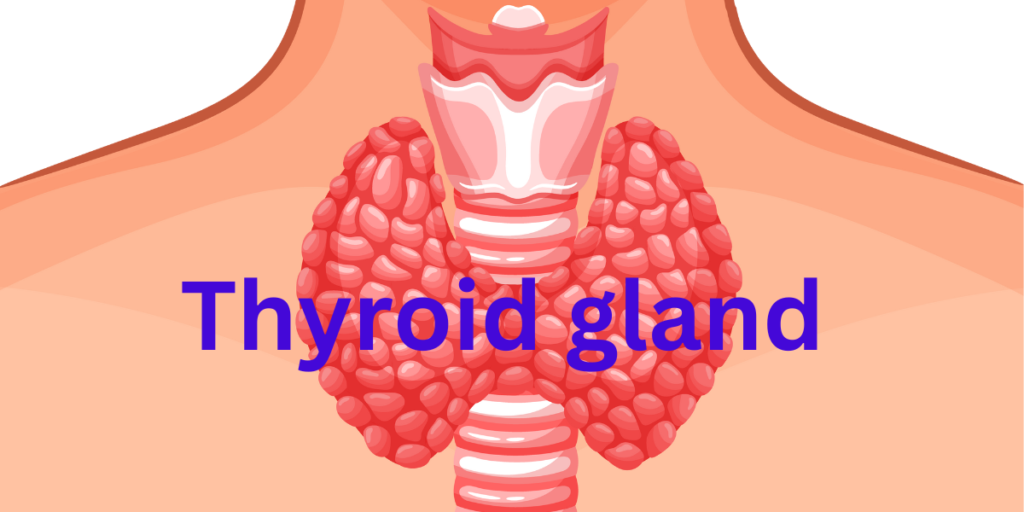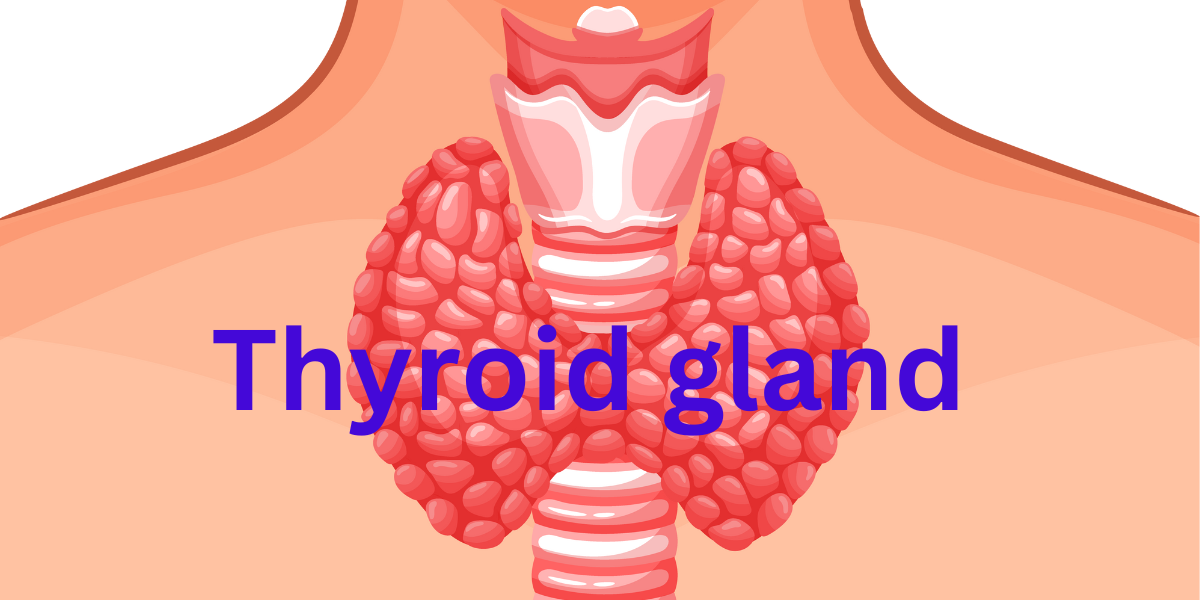Are you struggling to manage your thyroid health while following a vegetarian diet? You’re not alone. Many people with thyroid conditions struggle to balance their nutritional needs with their dietary preferences. But what if we told you there’s a way to nourish your body, support your thyroid, and enjoy delicious meat-free meals?
your ultimate guide to harmonizing your vegetarian lifestyle with optimal Hypothyroidism health! 🥗💚 This comprehensive plan isn’t just about avoiding meat; it’s about embracing a world of flavorful, thyroid-friendly plant-based options. From nutrient-packed breakfasts to satisfying dinners, we’ve covered you with a week’s worth of carefully crafted meals.

In this blog post, we’ll walk you through everything you need to know to make this meal plan a success. We’ll start by exploring the ins and outs of a vegetarian diet for thyroid health, then dive into a detailed grocery list and preparation plan. Plus, we’ll shed light on foods that can affect your thyroid and provide essential dietary considerations. So, are you ready to transform your health and your plate? Let’s embark on this delicious journey together!
Table of Contents
ToggleAre there foods you shouldn’t eat if you have thyroid disease?
When managing thyroid disease, it’s crucial to be mindful of your diet. While a balanced, nutritious diet is essential for overall health, certain foods can interfere with thyroid function or medication absorption. Let’s explore the foods you should be cautious about if you have thyroid disease.
Foods to Eat for Thyroid Health
✅ Iodine-rich foods: Iodized salt, and seaweed (in moderation).
✅ Selenium-rich foods: Brazil nuts, sunflower seeds, mushrooms.
✅ Zinc sources: Chickpeas, lentils, pumpkin seeds.
✅ Vitamin D sources: Fortified plant milk, mushrooms.
✅ Whole grains: Quinoa, oats, brown rice.
✅ Healthy fats: Avocado, olive oil, nuts.
✅ Antioxidant-rich fruits & vegetables: Berries, carrots, leafy greens.
Foods to Avoid or Limit
❌ Raw goitrogens (interfere with thyroid function): Cabbage, broccoli, cauliflower (can be eaten cooked).
❌ Unfermented soy: Soy milk, tofu (limit intake).
❌ Processed & sugary foods: Refined sugars, junk food.
❌ Excess caffeine: Limit coffee and tea.
Remember, Cooking goitrogenic vegetables can reduce their impact on thyroid function, so don’t eliminate them from your diet.
Nutritional Balance and Thyroid Health
This meal plan is designed to provide a balance of nutrients important for thyroid health. Here’s a breakdown of key nutrients and their sources in this plan:
| Nutrient | Food Sources in the Meal Plan |
| Iodine | Seaweed (can be added to soups or salads) |
| Selenium | Brazil nuts, sunflower seeds |
| Zinc | Pumpkin seeds, chickpeas, lentils |
| Iron | Spinach, lentils, tofu |
| Vitamin D | Fortified plant milks, mushrooms |
| Vitamin B12 | Nutritional yeast, fortified foods |
Remember to consult with a healthcare professional or registered dietitian to ensure this meal plan meets your specific nutritional needs, especially if you have a thyroid condition. They may recommend additional supplements or modifications based on your health status.
Planning a healthy vegetarian diet
To ensure optimal nutrition on a vegetarian diet, consider the following tips:
- Diversify protein sources:
- Legumes (beans, lentils, peas)
- Nuts and seeds
- Whole grains
- Soy products (tofu, tempeh)
- Focus on nutrient-dense foods:
- Dark leafy greens
- Colorful fruits and vegetables
- Whole grains
- Fortified plant-based milk alternatives
- Supplement wisely:
- Vitamin B12
- Vitamin D
- Omega-3 fatty acids
- Combine foods strategically:
- Pair iron-rich foods with vitamin C sources
- Consume calcium-rich foods throughout the day
Now that we’ve covered the basics of vegetarian diets and how to plan them effectively, let’s move on to creating a practical grocery list to support your thyroid-friendly vegetarian meal plan.
Grocery List
Essentials for Your Thyroid-Friendly Vegetarian Grocery List
Creating a well-rounded grocery list is crucial for maintaining a balanced thyroid-friendly vegetarian diet. Let’s break down the essential items you’ll need to stock up on for your weekly meal plan.
Proteins
Protein is vital for thyroid health and overall wellness. Here are some vegetarian protein sources to include:
- Legumes (beans, lentils, chickpeas)
- Tofu and tempeh
- Eggs (if included in your vegetarian diet)
- Greek yogurt
- Cottage cheese
- Quinoa
- Nuts and seeds (almonds, walnuts, chia seeds, flaxseeds)
Vegetables
Aim for a colorful variety of vegetables to ensure a wide range of nutrients:
- Leafy greens (spinach, kale, Swiss chard)
- Broccoli
- Cauliflower
- Bell peppers
- Carrots
- Zucchini
- Sweet potatoes
- Mushrooms
Fruits
While fruits are nutritious, it’s important to consume them in moderation due to their natural sugar content:
- Berries (blueberries, strawberries, raspberries)
- Apples
- Oranges
- Kiwi
- Pears
- Pomegranate
Whole Grains
complex carbohydrates that provide sustained energy:
- Brown rice
- Oats
- Whole grain bread
- Whole wheat pasta
- Barley
- Millet
Healthy Fats
Include sources of healthy fats to support hormone production:
- Avocados
- Extra virgin olive oil
- Coconut oil
- Nuts and nut butter
- Seeds (pumpkin seeds, sunflower seeds)
Dairy and Dairy Alternatives
If you consume dairy, choose low-fat options. For those avoiding dairy, consider these alternatives:
- Almond milk
- Soy milk
- Coconut milk
- Oat milk
Herbs and Spices
Enhance flavor and add nutritional benefits with these herbs and spices:
- Turmeric
- Ginger
- Garlic
- Cinnamon
- Rosemary
- Basil
- Cumin
Thyroid-Friendly Supplements
Consider adding these supplements to your list after consulting with your healthcare provider:
- Iodine (if recommended)
- Selenium
- Vitamin D
- Vitamin B12
Shopping Tips for Thyroid Health
When shopping for your thyroid-friendly vegetarian meal plan, keep these tips in mind:
- Choose organic produce when possible to minimize exposure to pesticides.
- Opt for BPA-free canned goods, especially for beans and tomatoes.
- Look for iodized salt to ensure adequate iodine intake.
- Read labels carefully to avoid hidden sources of soy, which can interfere with thyroid function.
Hypothyroidism diet plan for weight loss
READ MORE: ABOUT DIET PLAN
Meal Prep Considerations
When planning your grocery list, consider ingredients that can be used in multiple meals throughout the week. This approach not only saves time but also reduces food waste. For example:
- Cook a large batch of quinoa to use in salads, stir-fries, and as a side dish.
- Prepare a variety of roasted vegetables that can be added to different meals.
- Make a big pot of lentil soup that can serve as lunch for several days.
By thoughtfully planning your grocery list, you’ll be well-equipped to create nutritious, thyroid-friendly vegetarian meals throughout the week. Remember to adjust quantities based on your personal needs and preferences.
Now that we have our comprehensive grocery list, let’s move on to the preparation plan to make the most of these ingredients in our weekly meal plan.
Preparation Plan
Preparing for Your Thyroid-Friendly Vegetarian Week
Now that we’ve covered the essential grocery items, let’s dive into the preparation plan for your thyroid-friendly vegetarian meals. Proper preparation is key to ensuring you have nutritious, delicious meals ready throughout the week while managing your thyroid health.
Batch Cooking: Your Secret Weapon
Batch cooking is an efficient way to prepare multiple meals at once, saving time and energy throughout the week. Here’s a suggested batch cooking plan:
- Roast a variety of vegetables
- Cook a large batch of whole grains
- Prepare protein sources like beans and lentils
- Make a big batch of soup or stew
Roasting Vegetables
Roasting vegetables in bulk not only saves time but also enhances their flavor. Here’s a simple method:
- Preheat oven to 400°F (200°C)
- Chop vegetables into similar-sized pieces
- Toss with olive oil, salt, and herbs
- Spread on baking sheets
- Roast for 20-30 minutes, stirring halfway through
Pro tip: Roast different vegetables separately as they may have varying cooking times.
Cooking Whole Grains
Whole grains like quinoa, brown rice, and millet are excellent for thyroid health. Here’s how to prepare them in bulk:
- Rinse grains thoroughly
- Use a 2:1 ratio of water to grains
- Bring to a boil, then simmer until water is absorbed
- Let stand for 5 minutes, then fluff with a fork
Balancing Your Diet with Thyroid Health
While it’s important to be aware of foods that might interfere with thyroid function or medication, it’s equally crucial to maintain a balanced, nutritious diet. Here are some tips:
- Focus on nutrient-dense foods
- Fruits and vegetables (in moderation for cruciferous ones)
- Whole grains (if not sensitive to gluten)
- Healthy fats (avocado, olive oil, nuts in moderation)
- Incorporate thyroid-friendly foods
- Brazil nuts (rich in selenium)
- Sardines (good source of iodine and omega-3 fatty acids)
- Pumpkin seeds (high in zinc)
- Berries (antioxidant-rich)
- Stay hydrated
Proper hydration is essential for overall health and can help with the symptoms of thyroid disorders. - Consider timing
If you’re on thyroid medication, timing your meals and supplements around your medication schedule can help ensure optimal absorption. - Work with a healthcare professional
Every individual’s needs are unique, especially when managing thyroid disease. Consulting with a registered dietitian or your endocrinologist can help you create a personalized meal plan that supports your thyroid health while ensuring you get all the necessary nutrients. This knowledge will further emphasize the importance of the dietary choices we’ve discussed and help you make informed decisions about your health and nutrition.

